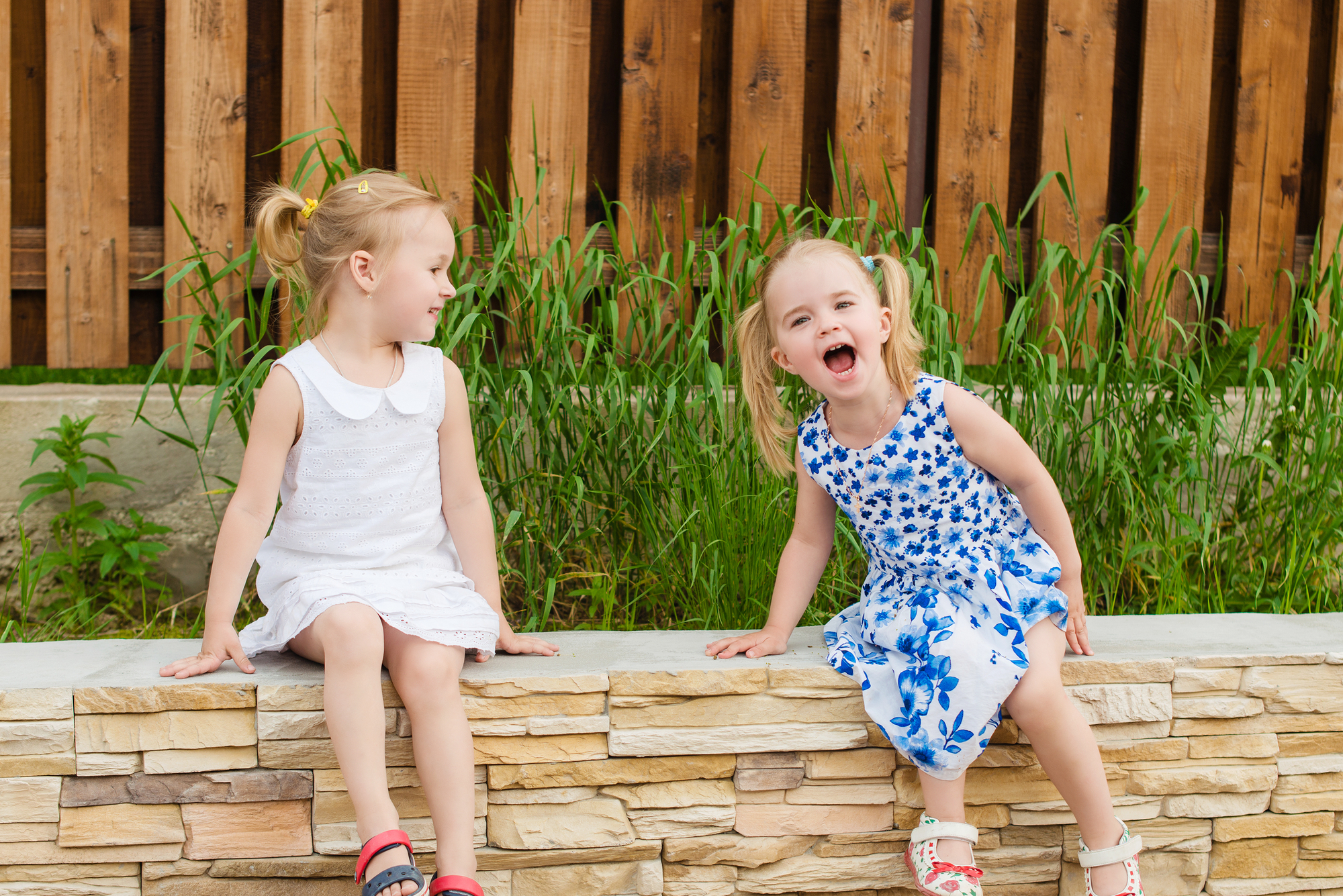There’s no question (and it’s backed by quite a bit of research) that COVID-19 and the imposition of quarantine/lockdown mandates has had a higher negative impact on children (and families) with special needs (as compared to their neuro-typical counterparts).
Learning development/school
The primary challenge here is that we have gone from all the accountability of having to be somewhere (school) at a certain time, with a certain degree of dress and a very clear set of expectations, to not leaving home and asking parents who aren’t necessarily trained as teachers (or the most patient in times of stress, like these), or maybe have full-time jobs, or multiple children…to say it’s a suboptimal situation would be generous.
Routines
From my point of view—that of an individual running an executive functioning/academic coaching and transition support program—this has a much bigger impact than the relatively neutral word suggests are tricky. On one hand, there haven’t been a lot of places to go/things to do, so (at least on paper) it’s relatively easy to establish a new routine with a shorter arc to the day (it all happens at home!). On the other, transitions are transitions, and if it takes someone longer to develop and acclimate to a new approach, then this experience will for sure impact that effort—and again, that suggests the new routines are manageable and that both children AND parents are able to follow them consistently (from what I’ve seen personally and professionally, there have been quite a range of outcomes/experiences, and a healthy percentage of them are sub-optimal).
Isolation
I think this is one of the biggest challenges for children (those with special needs or otherwise) of this whole process. I hear a lot of people saying it’s wonderful that families get to quarantine together and the forced nature of that is allowing families to spend time together in ways they generally don’t/aren’t able to—that’s nice, for sure. Kids need other kids. There’s a reason why school exists in the first place, and generally in a similar fashion across the globe. Yes, parents need to go to work, and yes in most cases parents aren’t equipped to teach their children, but it’s also about social interaction and learning/developing through those experiences. I have three kids (all under 7) so it’s pretty acute in my house.
Social Distancing
This is an interesting concept. On one hand, the concept makes sense and appears to have made a meaningful impact in the early days of this experience, when people were taking the guidance more seriously. On the other, it’s super inconvenient for people and as a result, many aren’t taking it seriously after a few months. Kids of course follow the example set by adults. I think it’s impractical to expect kids to wear masks in school, and even with that, many independent schools are already beginning to experience declining enrollment, which will be a real challenge to come back from. I expect we’ll see further upheaval once we get COVID under control as a result of businesses collapsing and/or adjusting their protocols to the point that they are almost unrecognizable on the other side. Multiply all of this by a factor of 5x (at least…inexact but based on classroom ratios in general education vs special education ) for children with special needs.
Pros/Cons
In simple terms, I view this whole situation, and the specific examples discussed above, as a society-wide challenge—but one that disproportionally effects children with special needs. There are so many challenges (and as a result, supports/processes) woven into a typical day for the community, that when you remove those supports—for children and parents alike—it’s just not a practical expectation that people will be able to cope productively, and do so in a way that avoids losing valuable time. My biggest concern is that on the other side of this, we have a population ill-equipped (on a variety of levels) to climb back up the hill. Progress moves fast these days, but the skills required to deal with the challenges life presents take time to develop. We’re an increasingly impatient society, and nuance/context tend to get short shrift. I’m always cautiously optimistic that good things will come from this—new systems, or redundancies, or techniques to improve virtual and/or hybrid learning that will open opportunities for a larger percentage of the population—but I do think it’s wise to manage expectations (at least in the short term).

Daniel Koffler
As President of New Frontiers, (www.nfil.net), Daniel provides the overall strategic direction and short/long term planning agenda, while overseeing the financial, marketing and business development aspects of the business. NF is an executive functioning coaching organization. NF provides academic, social, transitional and vocational supports to students with a range of abilities and interests, allowing them to maximize their potential—successful, independent, self-advocating adults. After the sale of a majority of the assets of MetSchools, his family’s education business, Daniel’s focus moved to the special education practice within the MetSchools portfolio (including Aaron School, www.aaronschool.org, and Rebecca School, www.rebeccaschool.org).
You may also like to read:









